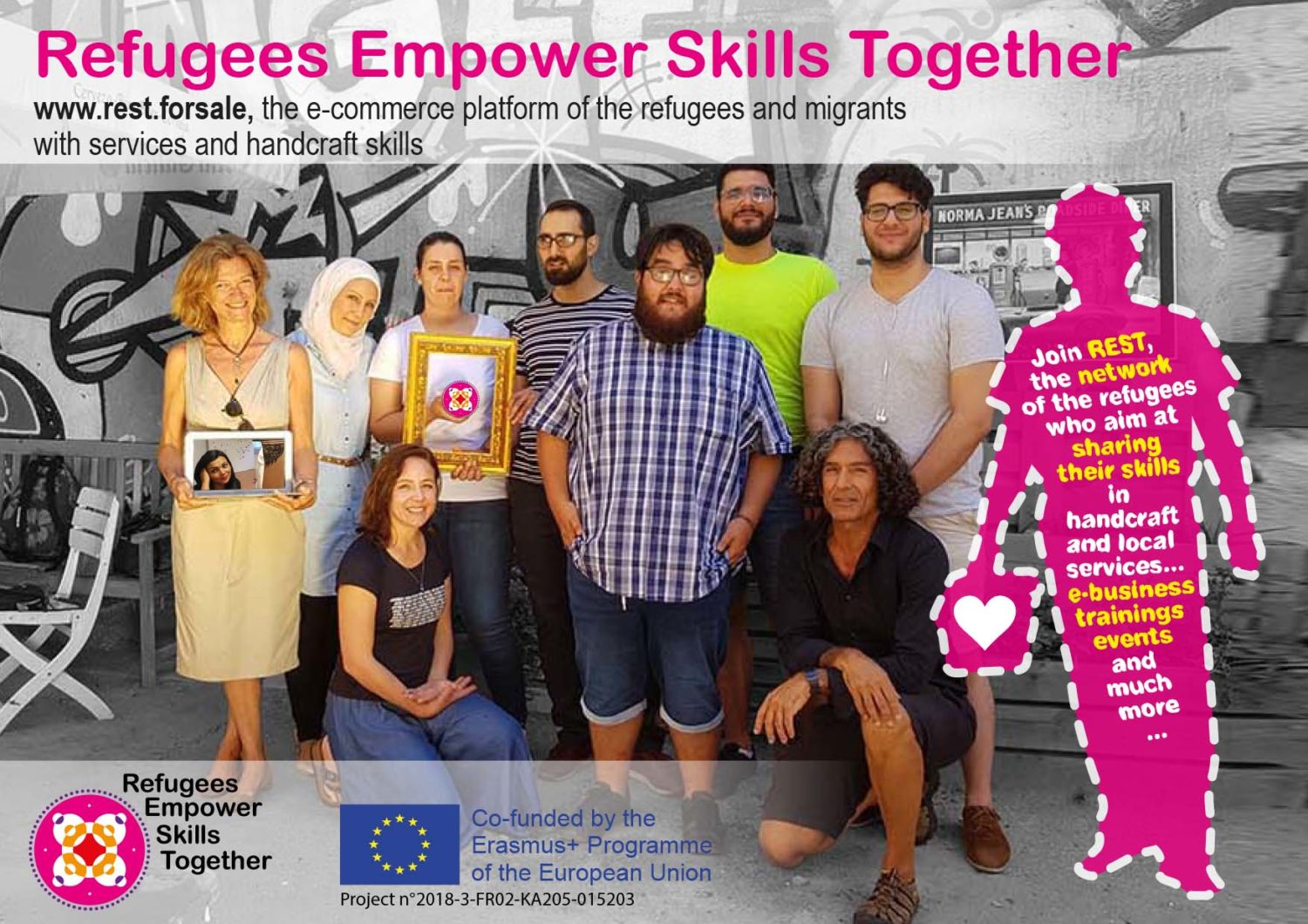This is a collaborative network with more than 350 organizations of the Portuguese civil society to support refugees. The interventions are in Portugal and in the front-line. PAR has been formally recognized by the Portuguese Government through a cooperation Protocol and is a member of the Working Group for the Migration Agenda.
This initiative attempts to welcome and integrate families of refugees in Portugal, through local institutions. It also welcomes refugees in Greece, in Lesbos island and in Athens.
As a civil society project, PAR praises the work and involvement of citizens and institutions.
PAR has set up three broad axis of intervention:
- PAR Public Opinion Awareness;
- PAR Linha da Frente [Frontline] and
- PAR Famílias [Families]
It has some publications: Magazine PAR – https://issuu.com/ipav/docs/revista-online_vf; Being a Refugee – https://issuu.com/ipav/docs/flyer-ser_refugiado_assinatura; And if it was me? – https://issuu.com/ipav/docs/e_se_fosse_eu_-_d_ptico_a4.
PAR Families aims to provide refuge to families in Portugal through a unique and innovative integration model that is believed to be more inclusive and filling of usual gaps arising from traditional welcome practices. In that sense for the integration and autonomy of the families, it is necessary to ensure the learning of the Portuguese language and integration in the labour market (including the support to migrant entrepreneurs).
PAR Families works with the support of the community (associations, parishes, religious organizations, welfare centers schools, town halls…). This model implies that for each family of refugees arriving to Portugal under the UE relocation agreement there will be an institution directly responsible for them. Each hosting institution has to be able to ensure, with its own resources, assisted by local partners and with financial help from the European Union, for a maximum period of two years, the following:
- independent accommodation;
- food and clothing;
- support regarding access to healthcare services;
- support regarding access to education;
- Portuguese language classes and
- support regarding access to labor market (including support to migrant entrepreneurs, when applicable).
The migrant entrepreneurs can be supported by PAR, namely through partner institutions, supporting and providing information related to entrepreneurship. Some of them are, at present, involved in projects such as the Syrian food restaurant, artisanal Syrian soap, social barber shop, etc.
